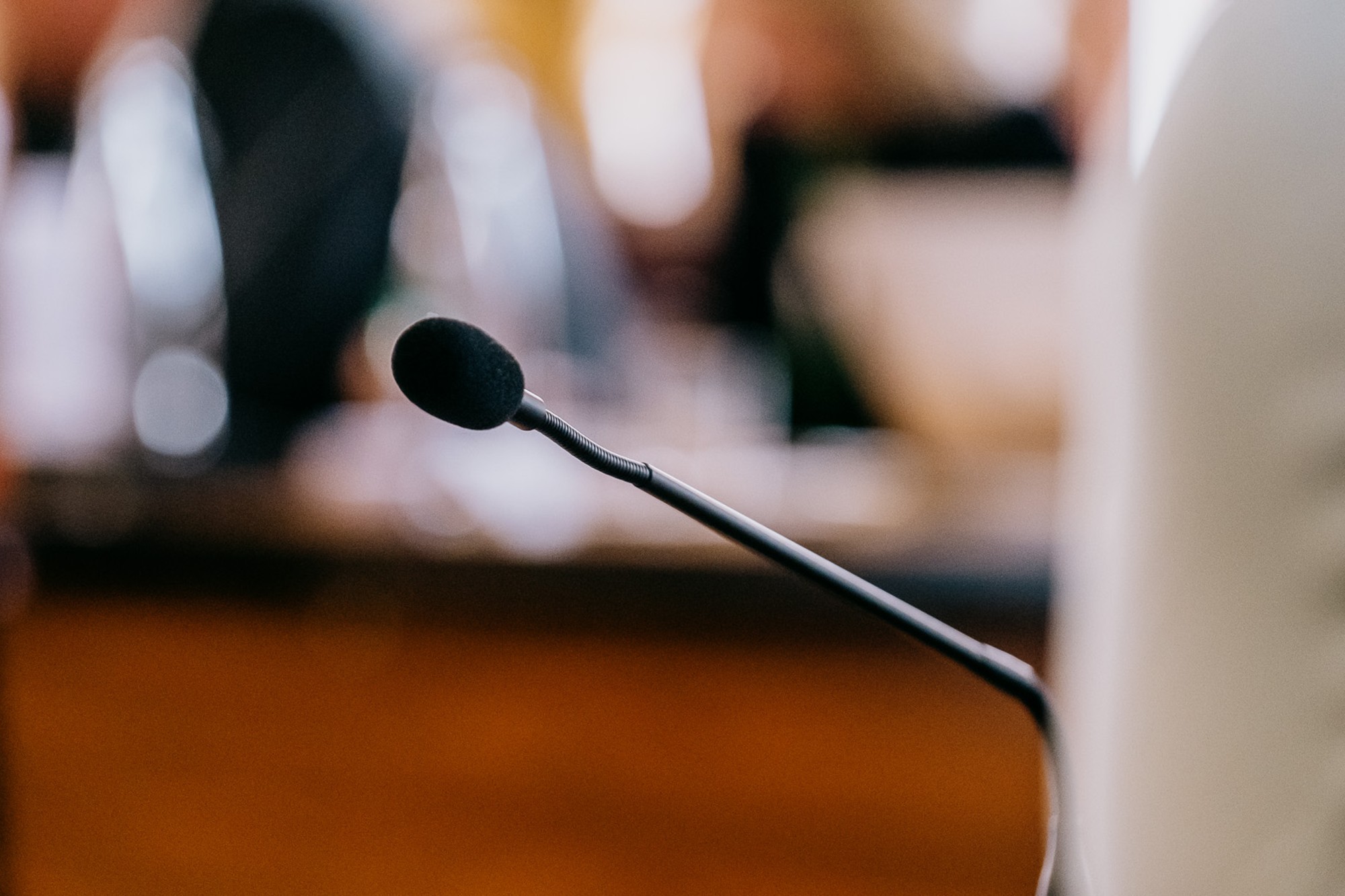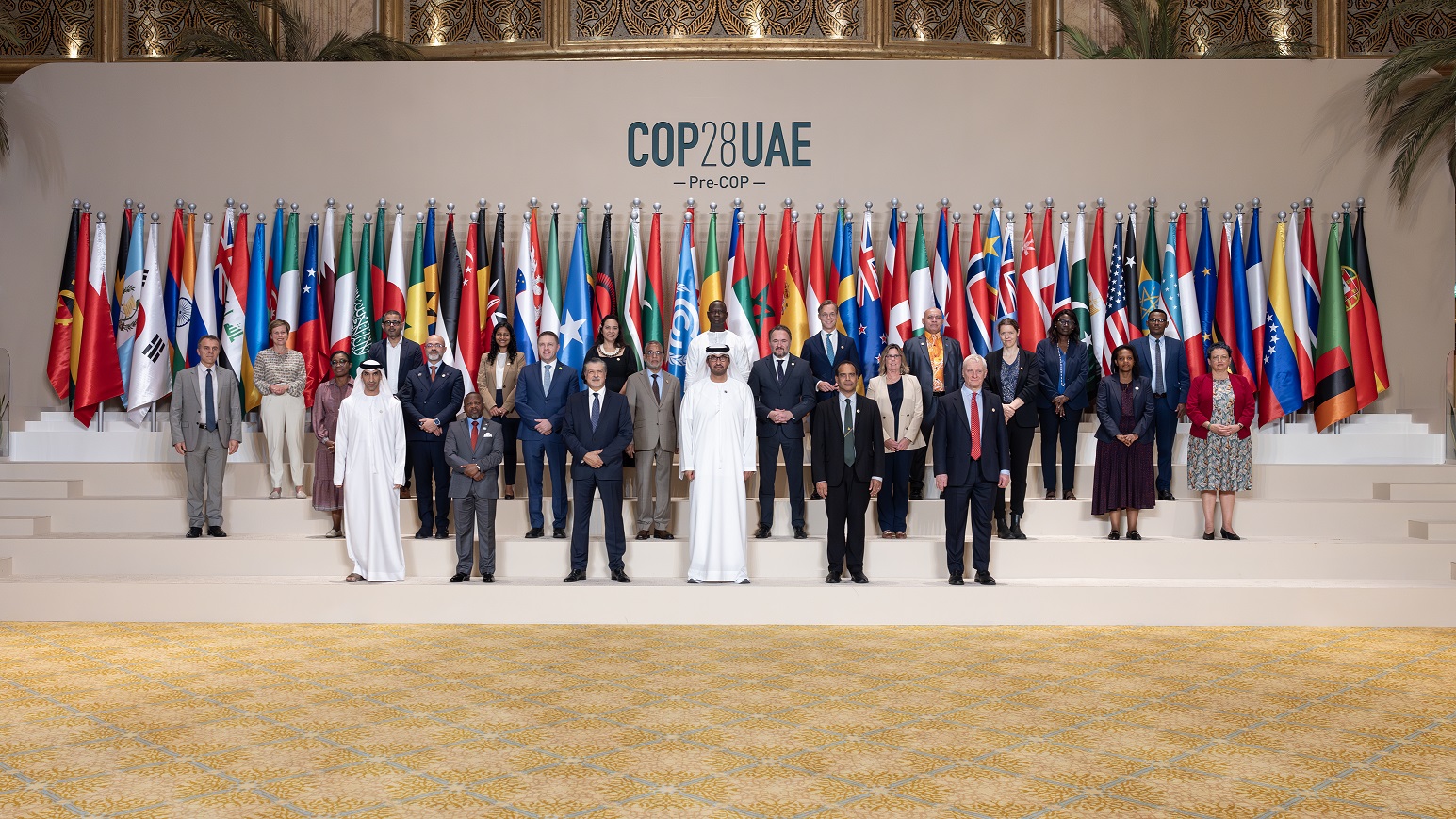Sport has a unique ability to unify and inspire diverse audiences across the globe. With its universal appeal and cultural value, sport has the potential to act as a catalyst to achieving the Sustainable Development Goals (SDGs) – a series of ambitious targets to end extreme poverty, advance inclusive development and tackle climate change by 2030.
This round-table dialogue will explore how sport can be a catalyst to achieve the ambition of the SDGs with a particular focus on Goal 5: Gender Equality, Goal 16: Peace Justice and Strong Institutions and Goal 17: Partnerships for the Goals.
This event builds on the extensive international work already undertaken examining how and why sport can contribute to the SDGs and associated targets. Including the UN General Assembly Resolution on Sport as an enabler of sustainable development, which highlights sports’ power to change perceptions, prejudices and behaviours, and the Kazan Action Plan, which highlights the potential of physical education, physical activity and sport to contribute significantly to the achievement of the SDGs.
Discussion at this Wilton Park dialogue will focus on exploring how sport-based approaches are advancing Gender Equality and Peace, and can do so further within international development, maximising the expertise and knowledge that exists about how far sport can play a positive role towards the SDGs, and how further collaboration could enhance this.
As 2030 nears, there is a need to better understand the benefits and impact of sport for gender equality and peace, sharing research and best practice and co-creating a more joined up approach, encompassing all relevant stakeholders:
- national governments
- the international development community
- the Sport for Development and Peace (SDP) community
- the sports sector and corporates
- the political sector and policy makers.
This interactive dialogue is focused to achieve the following objectives:
- Highlight existing trends and challenges in the use of sport for development and future opportunities, asking: What progress is being made by existing initiatives? What does ‘success’ look like? How is progress of sport towards the SDGs monitored and evaluated? What future actions can be taken to maximise progress by 2030?
- Share lessons in how to best measure, communicate and ensure lasting impact of sport for development on individuals and communities, particularly for Goal 5: Gender Equality, Goal 16: Peace Justice and Strong Institutions and Goal 17: Partnerships for the Goals
- Create an active network between participants, providing opportunity for, and space to identify, stimulating and impactful collaboration between different actors
- Evaluate and position sport in broader development efforts, including how sport interacts with other development players
Promote collective action to mobilise resources and quantify collective reach and impact.











